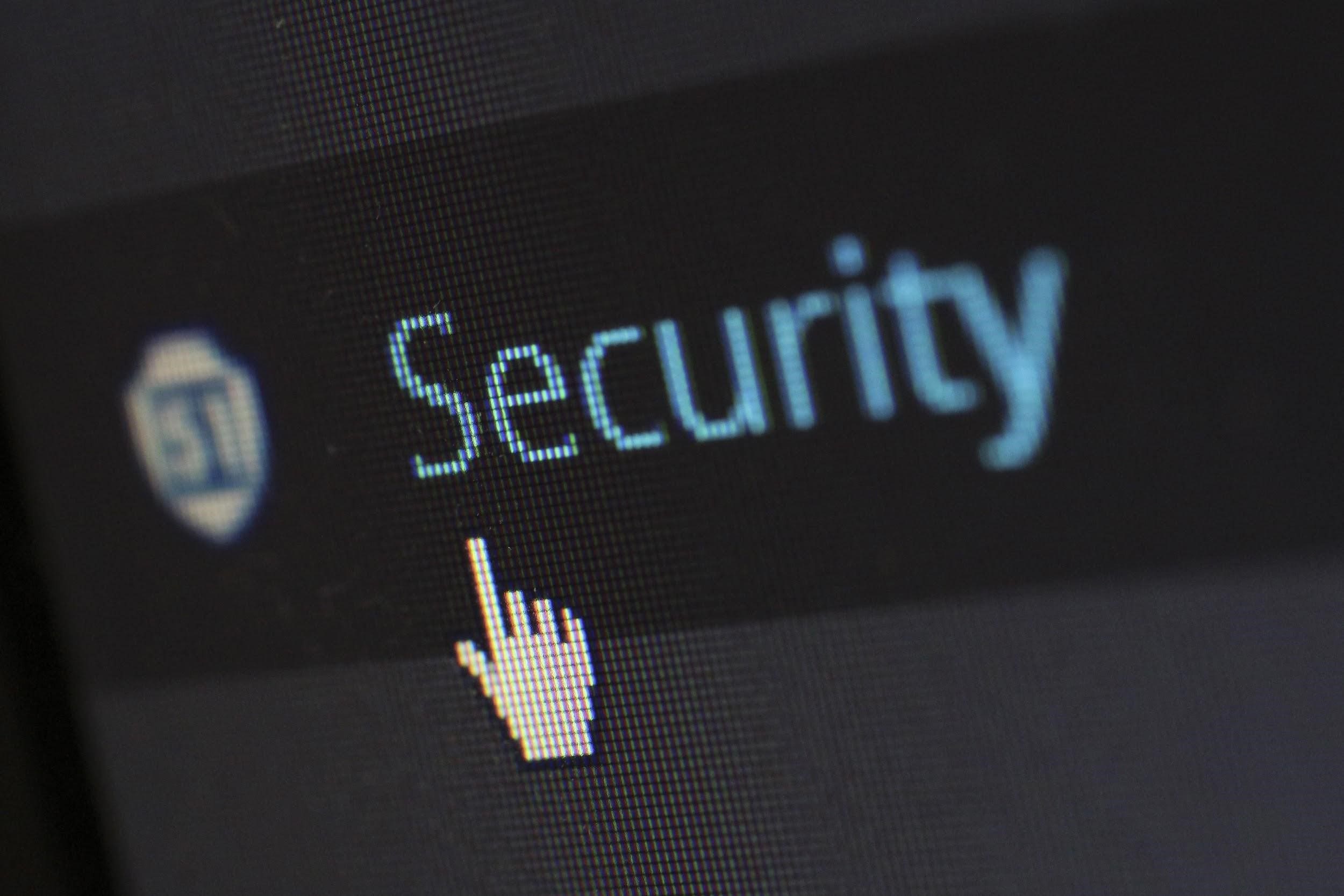
Everywhere around the world, the coronavirus is hitting hard. It is having a detrimental effect on every economy, creating mass uncertainty in businesses. Research has recently shown that the coronavirus is impacting the information security industry in unprecedented ways. Hackers and malicious people can exploit things like they have never been able to before. So what should companies do to ramp up their cybersecurity measures? We’re going to investigate what affects the coronavirus as having and what can be done to mitigate the risk. The two main threats can be grouped as follows: attacks that aim to steal any credentials of remote users and weaponized email attacks.
Remote attacks and user credential theft
The coronavirus is forcing companies to make their staff work from home. The world has seen a drastic change in the workplace with most workers connecting remotely from the comfort of their own homes. The 9-to-5 still prevails, but a significant portion of the everyday workload is carried out at remote locations, introducing the perfect opportunity for hackers to breach Internet security and attack. Here’s a great article on how to stay safe on the internet just visit pcguide.com.
What Hackers are most looking for is an opportunity to be able to use numerous remote logging-in credentials. The remote connectivity that companies are establishing is being carried out on devices that have never really been used before by such organizations. This means that a hacker can conduct a malicious login with ease, going under the radar, and avoiding detection by the company’s best Internet security team.
Recent data from Italy has revealed that the country has had a sharp rise in fishing hacks compared with other territories, and this is a country where the coronavirus has seriously harmed everybody. Such data reveals that hackers are going full force to get user credentials and create problems. In addition to this, a large rise has been detected by people contacting the national cybersecurity center to ask about suspicious logins. Essentially, hackers are exploiting all of the havoc caused by the coronavirus, even hacking into personal gaming accounts.
Email hacking
People working at home usually use their own computers, and these are, for the most part, not as secure when compared to computers in offices. It is because of this that malware hacks and attacks are on the rise during this difficult time. Chief information security officers should prepare employees for inevitable attacks at home and regard this as a serious risk for the company.
The vast majority of emails can feature a simplistic link in order to download some sort of executable file or malicious code. Some hackers are very advanced and are making use of macros to redirect people towards malicious websites. The problem with the latter is that this can often surpass the working of ordinary antiviruses and Google security measures. Only around 10% of malware in these sorts of attacks have been identified by a signature, meaning that the hackers are using some advanced tools in order to take advantage of users.
There is also another aspect to all of this. In the vast majority of cases, cybersecurity teams have been impaired when some of their team are in a quarantining procedure, making the likelihood of malicious activity and detection of it even greater. It turns out that with these companies, many security teams have been significantly disrupted because members of teams have been quarantined. Often companies are not able to find new staff under such short notice.

What can be done
One needs only look at the example of Italy, where a significant part of the workforce works from home. Mostly, many employees are working remotely from their homes, and security teams are lacking in staff, thereby making ideal conditions for hackers that want to monetize on any problems through social engineering, phishing, and weaponized emails.
For threats to be dealt with, chief information security officers need to evaluate all of the defense measures they have put into place. They need to see if they can provide malicious logins and fishing. Fortunately, a lot of companies have been creating bespoke software that is tailored towards reducing COVID 19 related cybersecurity risks. More people need to take cybersecurity apprenticeships with specific detail focused on these risks.
Cyber Security measures need to be taken
It is clear that as COVID 19 has become more problematic, it is time for firms to rewire security teams and create further opportunities for security measures. Hackers can exploit a lot of discrepancies in security systems, and chief information security officers need to work on them. Fortunately, some things can be done, and the coronavirus isn’t here to stay forever.
What is cybersecurity lacking at this moment in time? Tell us your thoughts in the comments section below.
About the Author:
Thomas Glare has always been interested in computers. Ever since he was a little kid, he would learn about programming languages, even setting up websites for his friends in primary school for fun. He went on to work as a consultant in a leading cybersecurity firm. On a part-time basis, Thomas likes to write articles about everything to do with cybersecurity for various websites and publications.

Be the first to comment